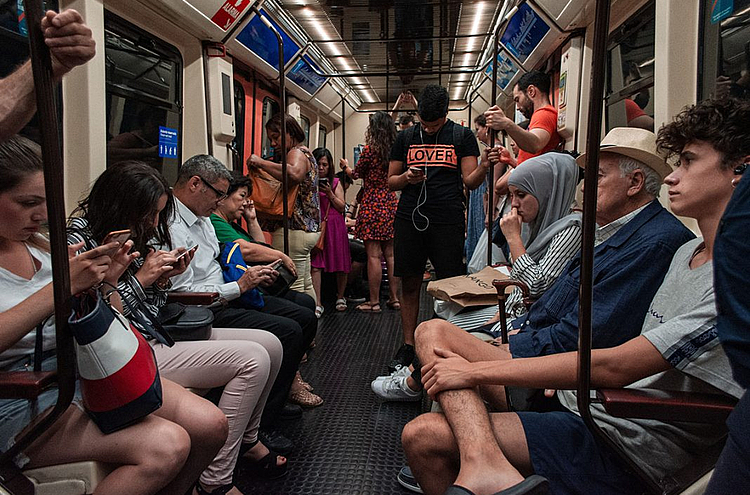Even in the most progressive societies, different genders do not experience mobility opportunities equally. Gender is increasingly recognised to play a significant role in transport planning, as previous studies have demonstrated that transport policy and mobility planning are more closely tailored to the needs and activities of men, while women’s different experiences are underrepresented. These findings understandably reveal differences in the needs and requirements from a transport system. To create a more balanced transport system that increases the accessibility of all transport modes, it is crucial to distinguish between an individuals’ travel needs and wishes, which are also closely linked to life circumstances influenced by factors such as gender, ages and socio-economic situation.
There is established knowledge on the differences between male and female travel behaviour. Women use public transport more than men, travel shorter distances, have more complex trip chains, and travel more often accompanied by children or dependent others. Women are also more likely to experience obstacles and constraints in terms of physical accessibility, safety, security or shortage of time (due to traditional gender norms). Such knowledge is, however, rarely taken into consideration when planning current (and future) transport systems; with the lack of accounting for differences in travel time experience limiting access to education, employment and other activities, affecting wellbeing.
Click here to read the whole article.

